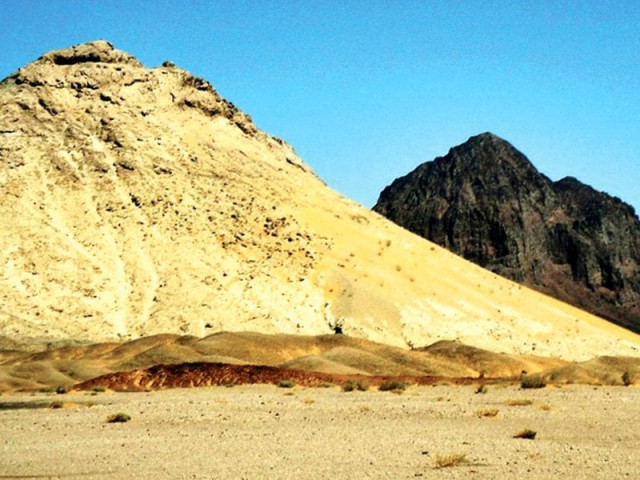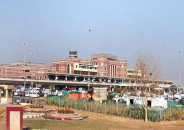Order in Reko Diq case not final: AGP
Confirms the ICSID has rejected Pakistan’s plea that mining company got licence through corrupt means

Confirms the ICSID has rejected Pakistan’s plea that mining company got licence through corrupt means. STOCK IMAGE
However, the AGP office has confirmed that the ICSID has rejected Pakistan’s plea against the Tethyan Copper Company (TCC) for procuring a licence for mining at Balochistan’s vast gold and copper reserve through corrupt means.
World Bank rules against Pakistan in Reko Diq case
Pakistan’s stance in the plea was that the agreement/mining licence was procured by corrupt means and therefore the claimant [TCC] could not ask for damages.
The ICSID recorded the evidence in October last year. The AGP Ashtar Ausaf Ali had represented the government before the international arbitration centre in the French capital.
“The most recent order by the ICSID Tribunal is not the final order/award in the matter of TCC vs Pakistan. It is part of a series of orders issued at the end of each distinct phase of the hearing.
“This order has been issued at the end of a phase in which Pakistan presented its evidence of alleged corruption by the TCC and its representatives,” said the AGP’s statement shared with media on Thursday.
It said the ICSID would now proceed to the quantum phase, in which the TCC would present its case for the value of the compensation it seeks. “Pakistan shall rigorously contest any amounts claimed by the claimant [TCC]… the final liability, if any, would be determined at the end of the quantum phase,” it said.
In January 2013, the Supreme Court had declared void the Chagai Hills Exploration Joint Venture Agreement signed in 1993 between the Balochistan government and Australian mining company BHP.
After the BHP sold its stakes in the venture to the TCC, the latter approached the ICSID against Pakistan, claiming a loss of investment. Its damages claim is still pending.
A senior official told The Express Tribune that more than Rs1billion have been spent from the national exchequer to pursue Pakistan’s cases before the international arbitrator but the legal strategy has been disastrous.
Mining licence: Reko Diq hearing to begin on 10th
“Firstly, Pakistan lost case on the jurisdiction, when international tribunal said it has jurisdiction to adjudicate the matter. Secondly, the tribunal declared that there was no corruption and lastly, they hold that Pakistan is liable to pay the damages,” he said.
The official said the only remaining issue in the case is quantum of liability, which will be settled after examining all the expenditure the TCC made on the project. “The efforts were initiated for an out of court settlement but no such settlement can be struck up till now,” he added
He said the Pakistani legal team – led by Cherie Blair – had also recommended to both the federal and Balochistan government to settle the damages issue out of court. The ICSID judges had also given similar advice but the then provincial government led by chief minister Dr Abdul Malik did not agree.
However, the official said, the incumbent AGP Ausaf Ali was determined to review the legal strategy, which was adopted prior to his appointment and which resulted in Pakistan’s defeat in three cases. “It is hoped that the incumbent AGP will get the issue settled,” he said.
A Balochistan government official told The Express Tribune that efforts were still being made for an out of court settlement between Balochistan and the TCC. “Both the governments can give license of exploration to the same company with approved conditions,” he said.
A senior lawyer, who was representing the government of Pakistan before the international tribunal in the past, believes that the federal government must establish a cell for examining the issues related to arbitration.
One legal section in the country is criticising former chief justice Iftikhar Chaudhry for passing the 2013 judgment, which, they believe, has been a source of embarrassment for the country, internationally.
“How the international investors will come to invest in Pakistan, when your local courts are passing judgment without considering the prevailing circumstances,” said a senior lawyer.
Riko Diq holds about 5.9b tons of mineral resources with an average copper grade of 0.41pc and gold 0.22 grams per ton.
Published in The Express Tribune, March 24th, 2017.



















COMMENTS
Comments are moderated and generally will be posted if they are on-topic and not abusive.
For more information, please see our Comments FAQ